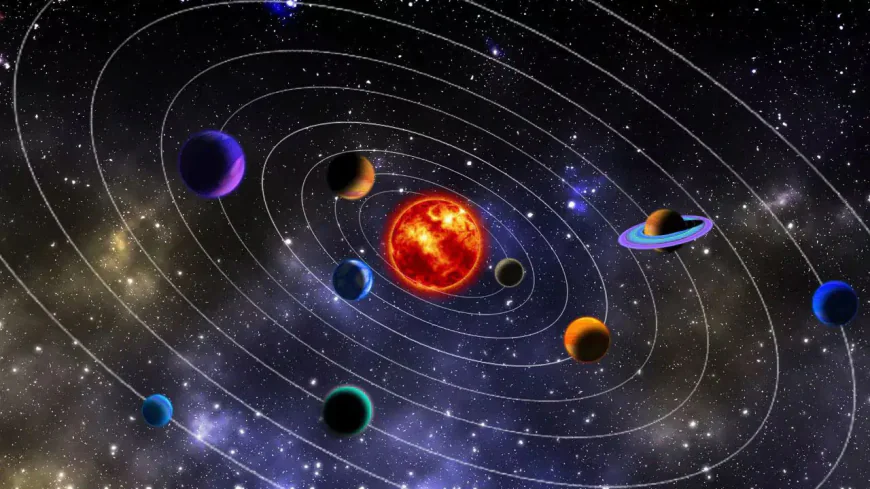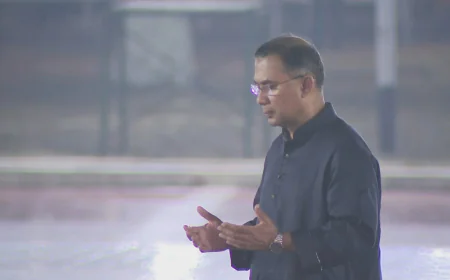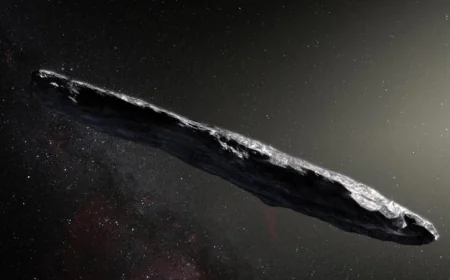New Research Suggests Universe May Die Sooner Than Expected

The ultimate end of the universe might come much sooner than scientists previously believed—though there's no reason to panic just yet. According to new research by Dutch scientists at Radboud University, the universe still has an estimated lifespan of 10⁷⁸ years (a 1 followed by 78 zeros).
That’s still an unimaginable amount of time, but it’s a major adjustment from earlier predictions, which placed the universe’s death at around 10¹¹⁰⁰ years in the future. The findings were published in the Journal of Cosmology and Astroparticle Physics.
“The final end of the universe is coming much sooner than expected—but thankfully, it’s still incredibly far off,” said lead author Heino Falcke.
The research team focused on white dwarfs—stellar remnants that are among the most long-lasting objects in space. Using theories based on Hawking radiation, they calculated when these cosmic bodies might finally disappear.
Hawking radiation, proposed by physicist Stephen Hawking in the 1970s, suggests that black holes slowly emit radiation and shrink over time, ultimately vanishing. The Radboud researchers expanded this theory, applying it to white dwarfs and determining that an object’s "evaporation time" depends largely on its density.
By using this model, they estimated how long even the most enduring stars would last, refining our understanding of cosmic decay.
“By exploring extreme theoretical scenarios like this, we hope to deepen our understanding of Hawking radiation—and maybe even solve its mystery one day,” said co-author Walter van Suijlekom.
As for humanity, the end of the universe isn't our most immediate concern. Long before then, our own Sun will make Earth uninhabitable—likely in about a billion years—when it grows too hot and boils away the oceans. Eventually, in around eight billion years, the Sun will expand and consume Earth entirely.
In the grand scheme of cosmic time, we’re just getting started.
















































